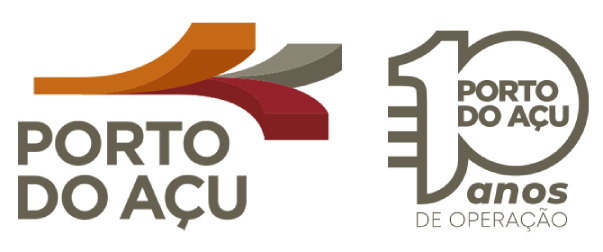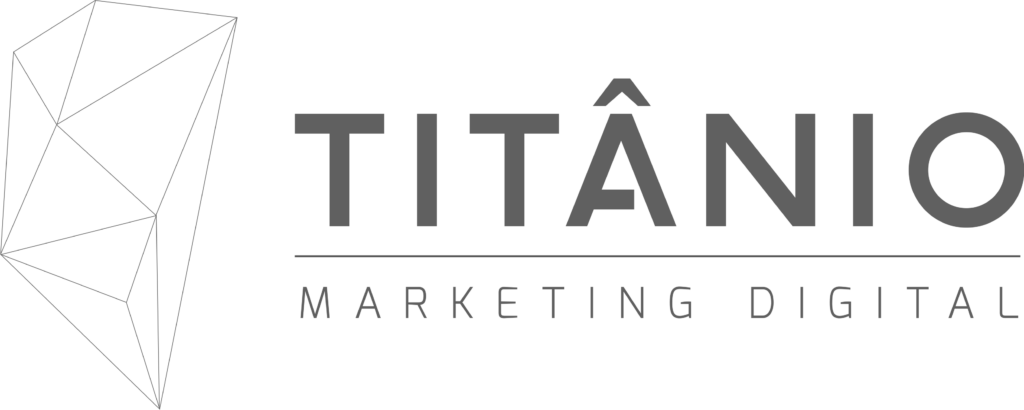Aiming to gather data on productivity, numbers and flows of fishing vessels and to generate more understanding about the sector’s dynamics, Port of Açu voluntarily developed the Fishing Monitor Project. The initiative, which started this month and will last two years, involves a team of 12 people, including coordination, technicians and local monitors.
“The goal of the project is to generate information that could be useful not only to the Port of Açu but for the fishing sector in the entire region. With data obtained from monitoring efforts, the community will have a better idea of the volume fished by each municipality, of how the activity is broadly developed, and its importance for the local economy. Studies carried out under this project will allow actions by the port, government authorities and fishermen to be more aligned and in harmony,” said João Teixeira, Sustainability manager at Port of Açu.
A total of five local monitors will gather data in Atafona, Barra de Itabapoana, Guaxindiba, Gargaú and Farol de São Thomé. Consulting firm Braço Social Consultoria, Port of Açu’s partner in the project, selected agents in these communities. After job openings were advertised in fliers and meetings in fishing colonies, 99 people enrolled. All of them went through a selection process that included a test of basic knowledge and an interview. Last week, the people chosen received specific training for field work.
“Monitors will gather daily data on unloaded fish and develop the structural census of the fleet used. They will also be in charge of identifying different fishing modalities and the main spots where fishermen work, as well as understanding the overall scene surrounding the port. Once this assessment is done, all the information will be treated statistically,” explained oceanographer Victor Patiri, managing director of Braço Social.
All local agents who were selected are experienced in the fishing universe. Administrative assistant Fernanda Manhães was born to a family of fishermen in Farol de São Thomé. “I am very excited by the project. We will show to society that fishermen are very important and that the activity that they develop represents an enormous asset to our region. Fishing generates direct and indirect income for producing municipalities and we will be able to present that with concrete data. The community will see the results of our program in the future,” she said.
Data generated by the Fishing Monitor Project will be shared with authorities, fishing institutions and communities through scheduled visits and printed material.

